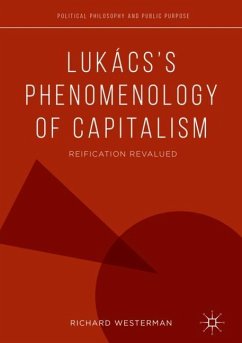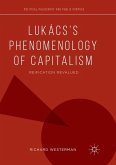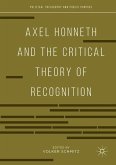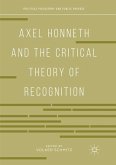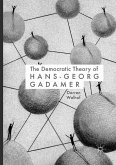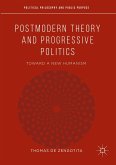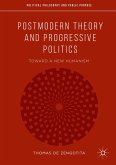This book offers a radical new interpretation of Georg Lukács's History and Class Consciousness, showing for the first time how the philosophical framework for his analysis of society was laid in the drafts of a philosophy of art that he planned but never completed before he converted to Marxism. Reading Lukács's work through the so-called "Heidelberg Aesthetics" reveals for the first time a range of unsuspected influences on his thought, such as Edmund Husserl, Emil Lask, and Alois Riegl; it also offers a theory of subjectivity within social relations that avoids many of the problems of earlier readings of his text. At a time when Lukács's reputation is once more on the rise, this bold new reading helps revitalize his thought in ways that help it speak to contemporary concerns.
"This monograph is also an invitation to relaunch a phenomenological inquiry into social alienation. It allows us to see phenomenology's potential for understanding our contemporary situation, alongside, why not, contemporary Critical Theory." (Clémence Saintemarie, Phenomenological Reviews, November 19, 2019)
"One of the formidable strengths of this book is its fluid style and clear signposting that makes the often-difficult subject material very readable. ... Lukács's Phenomenology of Capitalism is a major contribution to the recent season of Lukács studies, and it succeeds in offering both a new and a convincing perspective on Lukács's thought." (Robert Jackson, Symposium, c-scp.org, August 28, 2019)
"One of the formidable strengths of this book is its fluid style and clear signposting that makes the often-difficult subject material very readable. ... Lukács's Phenomenology of Capitalism is a major contribution to the recent season of Lukács studies, and it succeeds in offering both a new and a convincing perspective on Lukács's thought." (Robert Jackson, Symposium, c-scp.org, August 28, 2019)

